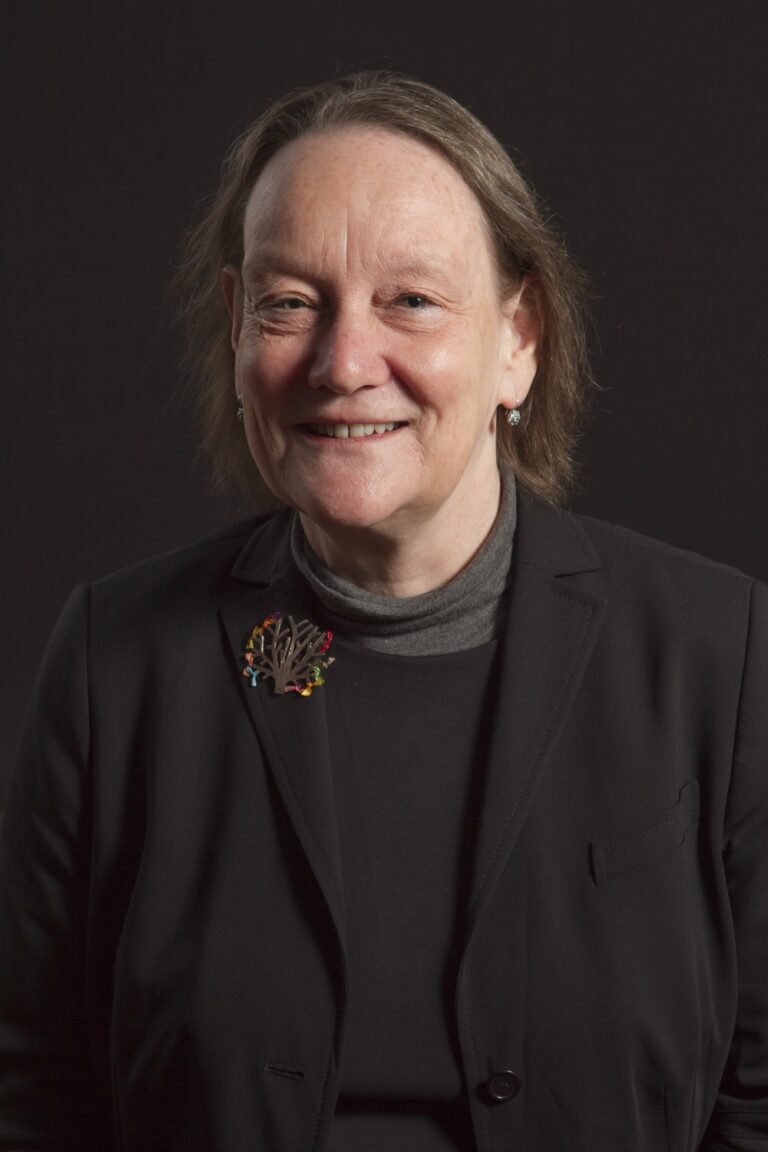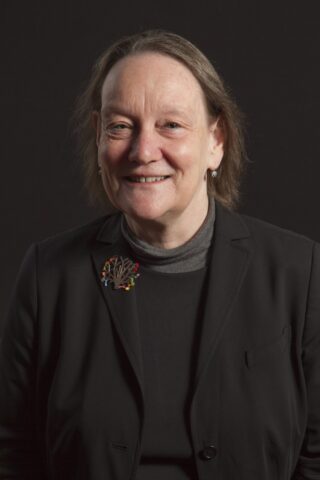- Entry type: Person
- Entry ID: AWE5708
Connors, Jane

- Occupation Academic, Advisor, Advocate, Lawyer
Summary
Jane Connors has had a distinguished academic career in which she has dedicated her scholarship and work as an international law practitioner to the betterment of United Nations (UN) treaty mechanisms and the rights of women and children.
After studying law and arts at the Australian National University in Canberra, she taught at the Canberra College of Advanced Education (now University of Canberra) before travelling to England, United Kingdom. There, she taught at the Universities of Nottingham and Lancaster, and at the University of London’s School of Oriental and African Studies.
Drawn to the UN, in 1996 Connors was appointed Chief, Women’s Rights Section in the Division for the Advancement of Women in the Department of Economic and Social Affairs, UN. In 2009 she became Chief, Special Procedures Branch of the Office of the High Commissioner for Human Rights; she was also later Director of the Research and Right to Development Division. Connors retired from the UN in March 2015.
Her commitment to international human rights continues with her role as International Advocacy Director Law and Policy for Amnesty International based in Geneva, Switzerland. She regularly teaches at universities around the globe, including at the London School of Economics where she is Visiting Professor in Practice.
Jane Connors was interviewed by Kim Rubenstein for the Trailblazing Women and the Law Oral History Project. For details of the interview see the National Library of Australia CATALOGUE RECORD.
Details
Born in Sydney in 1953, Jane Connors was the first of eight children of Patricia, a nurse, and her husband, John, a surgeon. John Connors’ medical studies took the family to Britain for a time; when they returned to Australia, Connors was educated in Canberra at St Benedict’s Primary School, Narrabundah, followed by St Clare’s College, Griffith. Encouraged by her father to choose a career which would allow her to be independent, Connors enrolled in Bachelor of Laws and Bachelor of Arts degrees at the Australian National University [Connors and Rubenstein].
At university in the mid-1970s, a women law students’ organisation did not exist. Connors became the first woman to be elected as President of the Law Students’ Association at the University. This was an exciting time to be a student on campus and being head of the Association meant Connors enjoyed a ringside seat of events. In the midst of the historic Whitlam Government dismissal, for instance, Connors (as President) invited the then Governor-General, Sir John Kerr, to be guest speaker at the Australian Law Students’ Association dinner [Connors and Rubenstein].
While it was commonplace for female students to leave university in order to get married, Connors avoided going down this path, crediting the late Alice Erh-Soon Tay – then her tutor in Soviet and Chinese Law – for providing her with support and encouragement to continue her studies [Connors and Rubenstein].
Having completed her undergraduate degrees, Connors then embarked upon a masters degree at the Australian National University, undertaking the Legal Workshop in 1979. In 1980 she began teaching in the Law Department of the Canberra College of Advanced Education (now the University of Canberra). She then went to England where she accepted teaching posts at the Universities of Nottingham (1982) and Lancaster (1983) [Connors and Rubenstein].
Keen on the School of Oriental and African Studies (SOAS), Connors moved to London and in 1983 she began teaching at SOAS. A requirement of SOAS’ academics being to specialise in a region, Connors chose Malaysia and began teaching Malaysian family law and human rights in Southeast Asia [Connors and Rubenstein]. This experience had a profound impact on the subsequent course of her career, ultimately leading her to the UN.
In 1987, to mark the UN Decade for Women, Connors wrote a manual which aimed to help women in Commonwealth nations to deal with sexual abuse, sexual harassment and domestic violence [Canberra Times]. Connors was also part of the Commonwealth Secretariat Delegation at the World Conference on Women, Nairobi, Kenya, and worked on the Optional Protocol to the Convention on the Elimination of all Forms of Discrimination Against Women (CEDAW). During this period she married and had two daughters [Connors and Rubenstein].
In 1996 Connors was appointed Chief, Women’s Rights Section in the Division for the Advancement of Women in the Department of Economic and Social Affairs, UN, and moved to New York. Connors has written a history of this time in Commentary on CEDAW, Oxford University Press [Connors and Rubenstein].
Pursuing an interest in treaty mechanisms and women’s human rights, in 2002 Connors moved to Geneva, Switzerland, where she became Senior Human Rights Officer in the Human Rights Treaties Branch. In 2009 she was promoted to Chief of the Special Procedures Branch of the Office of the High Commissioner for Human Rights. Connors then went to work as Director of the Research and Right to Development Division at the UN Office of the High Commissioner for Human Rights. She retired from the UN in March 2015.
Connors’ commitment to international human rights continues with her role as International Advocacy Director Law and Policy for Amnesty International based in Geneva. She also remains a trustee of the United Kingdom charity, Keeping Children Safe, and regularly teaches at universities around the world, including the London School of Economics where she is Visiting Professor in Practice.
In her capacity as an academic, international law practitioner, and adviser in the UN, Jane Connors has made a significant contribution to human rights treaty bodies, raising their profile to end violence against women and children and to promote the human rights of women.
Published resources
-
Site Exhibition
- Australian Women Lawyers as Active Citizens, http://www.womenaustralia.info/lawyers/biogs/AWE5708b.htm
